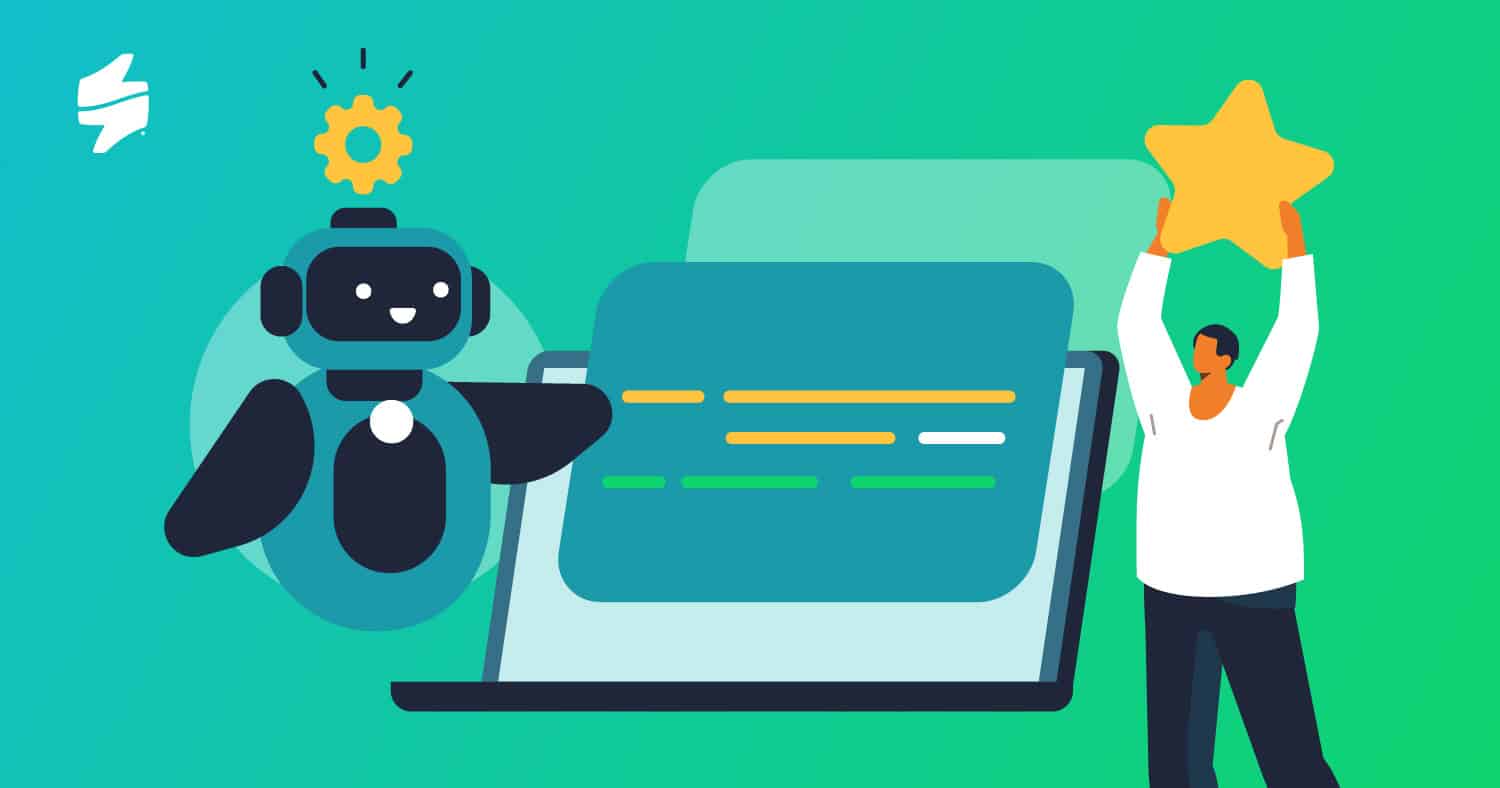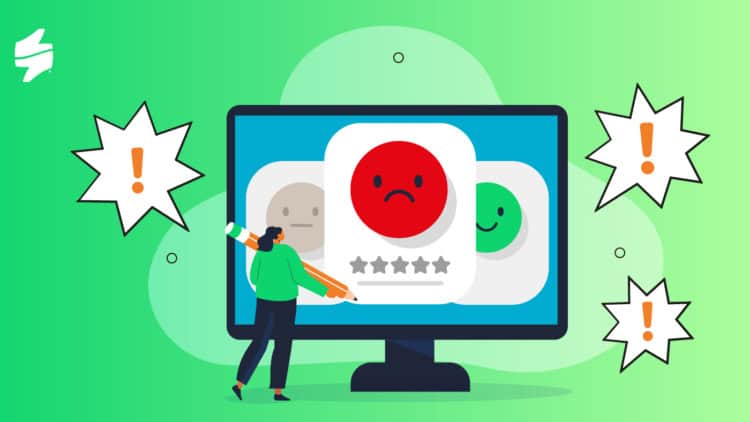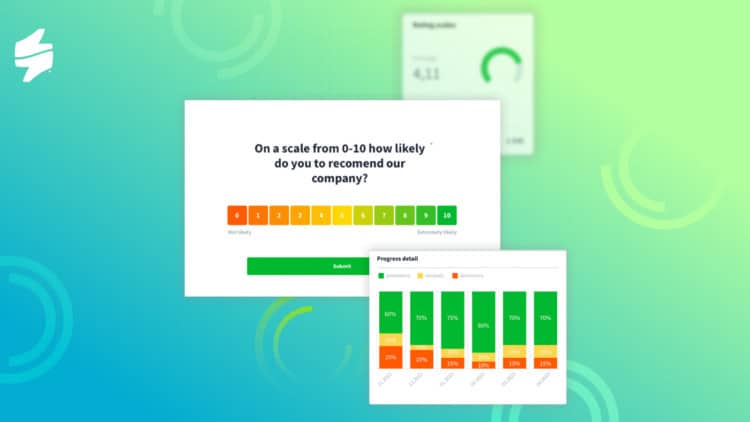Artificial Intelligence (AI) is no longer just a buzzword but a key tool in reshaping customer experience (CX). As businesses strive to meet their customers’ ever-increasing expectations, AI has emerged as a critical ally in understanding, predicting, and enhancing the customer journey.
This comprehensive guide explores the transformative power of AI in customer experience, highlighting the innovative ways businesses are leveraging this technology to foster meaningful connections, streamline operations, and drive customer satisfaction. We will also look into some AI employee recognition examples to maintain the high motivation and performance of your customer-facing employees.

What Is AI in Customer Experience?
What’s the role of artificial intelligence in customer experience? AI in CX refers to the utilisation of machine learning, natural language processing, and data analytics technologies to automate and improve customer interactions and service delivery. From chatbots that offer 24/7 assistance to predictive analytics that personalise the retail experience, AI is making its mark across all touchpoints of the customer journey.
The Benefits of AI for CX
How AI can improve customer experience? AI technologies offer a range of benefits that can significantly enhance customer satisfaction, loyalty, and, ultimately, business performance. Here are some key benefits of CX AI:
1. Personalisation
AI algorithms can analyse vast amounts of data from customer interactions, preferences, and behaviours to create personalised experiences. This can include personalised product recommendations, content, and communication, making customers feel valued and understood.
2. Customer Support 24/7
AI-powered chatbots and virtual assistants can provide round-the-clock customer support, answering questions, resolving issues, and offering assistance without the need for human intervention. This ensures customers receive immediate help at any time, improving their overall experience.
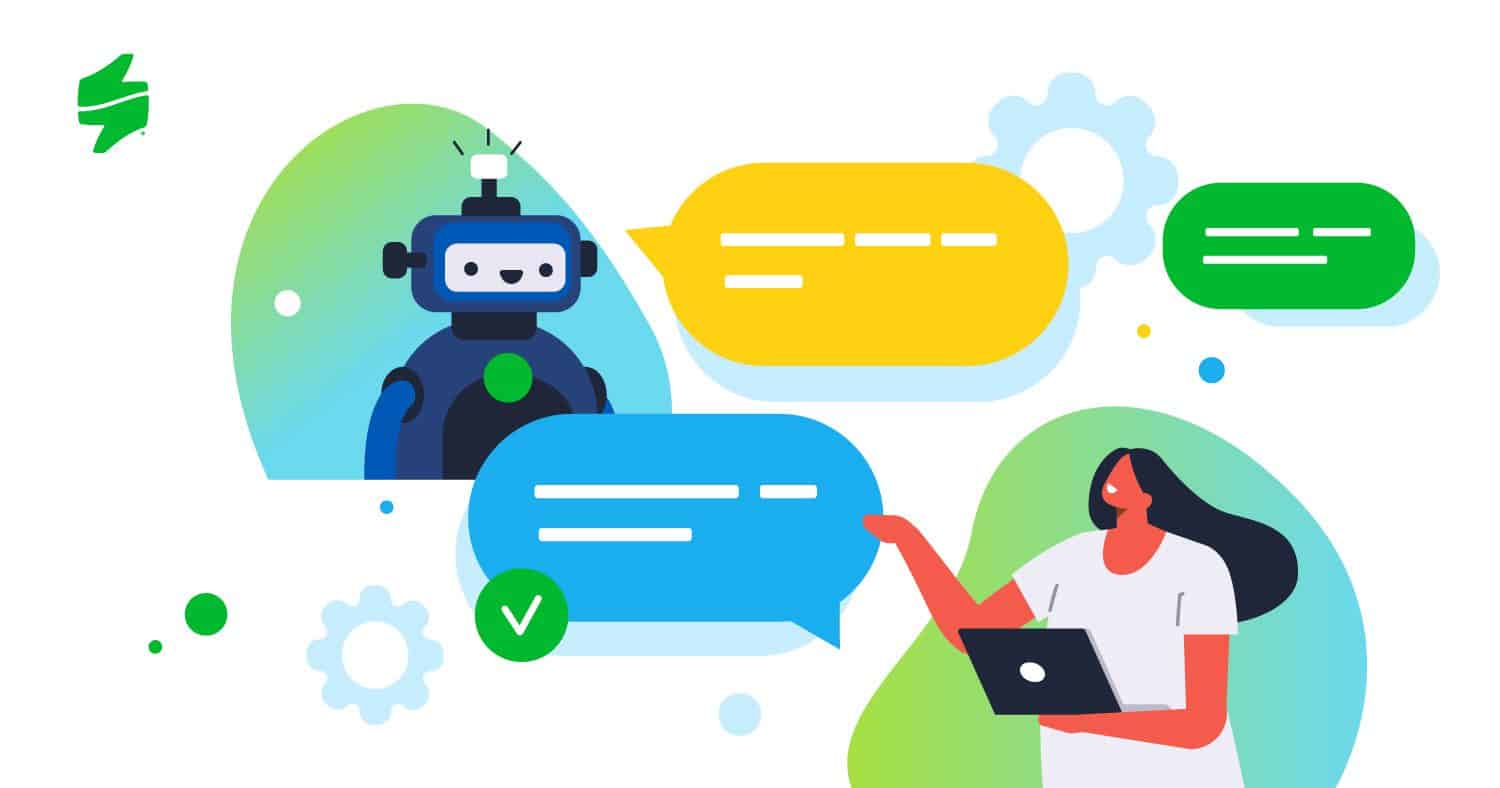
3. Efficiency and Speed
AI can automate routine tasks such as answering frequently asked questions, processing orders, and handling simple customer service inquiries. This not only speeds up the resolution time but also allows human customer service representatives to focus on more complex and sensitive issues.
4. Predictive Analytics
By leveraging AI for predictive analytics, businesses can anticipate customer needs and preferences, identify potential issues before they arise, and offer proactive solutions. This foresight can significantly enhance customer satisfaction and loyalty.
5. Enhanced Decision Making
AI tools can provide businesses with insights into customer behaviour, trends, and feedback. These insights help in making informed decisions regarding product development, marketing strategies, and customer service improvements.
6. Cost Reduction

Automating routine tasks and interactions with AI can significantly reduce operational costs and improve ROCX (Return on Customer Experience). Savings can then be reinvested into other areas of the business to further enhance the customer experience.
7. Streamlined Employee Recognition
AI-driven feedback analysis benefits employee recognition too! Analysing performance data to identify standout achievements and behaviours ensures that recognition is timely, fair, and based on objective criteria. This technology can automate the recognition process, making it easier for managers to recognise employees consistently and personalise rewards and recognition, thereby boosting staff motivation and morale.

Give Your Employees the Recognition and Motivation They Deserve
Does your team need a little extra motivation? Our platform provides powerful insights into your team’s performance and various recognition tools that help ensure everyone feels appreciated.
8. Improved Accuracy
AI systems can process and analyse data with a high degree of accuracy, reducing human errors in customer service interactions. This leads to more accurate responses to customer inquiries and more reliable customer data for the business.
9. Scalability
AI systems can handle an increasing volume of customer interactions without the need for proportional increases in human resources. This scalability allows businesses to maintain a high level of customer service even during peak periods.

10. Real-Time Assistance
AI technologies, such as chatbots and virtual assistants, can offer real-time assistance to customers during their buying journey, helping them with product selection, payment, and post-purchase support.
11. Emotional Intelligence
Advances in AI are enabling systems to better understand and respond to human emotions. Emotional AI can assess customer sentiment during interactions, allowing for more empathetic responses and adjustments to strategies to meet customer needs better.
AI Customer Experience Examples
How to use AI to improve the customer experience? Here are some useful examples:
Chatbots and Virtual Assistants
Chatbots and virtual assistants powered by AI have become the frontline of customer service for many businesses. They are designed to simulate human conversation, enabling them to handle a plethora of customer service tasks. These range from providing answers to frequently asked questions (FAQs) to assisting with bookings, purchases, and even technical support.
The key advantage of chatbots and virtual assistants is their availability; they can offer immediate support 24/7, without the need for human intervention. This not only enhances customer satisfaction by reducing wait times but also allows human customer service representatives to focus on more complex queries, thereby improving overall service efficiency.
AI-Powered Feedback Analytics
AI feedback analysis tools, such as those offered by Staffino, utilise the power of artificial intelligence to sift through and analyse customer feedback from various channels, including social media, Google reviews, emails, and customer satisfaction surveys. These tools can process vast amounts of data much faster than a human could, identifying patterns, trends, and insights that might be missed otherwise.

By understanding customer sentiment at a granular level, businesses can make informed decisions to drive strategic improvements in service delivery. This could involve identifying areas where customer satisfaction is lacking, understanding the reasons behind customer churn, and uncovering opportunities for product or service enhancements.

Retain Customers and Increase Profits!
Make sure your customer relationships don't slip away with Staffino's Retention Case Monitoring. This easy-to-use tool gives you the power to maximise customer retention and boost loyalty.
Personalisation Engines
In today’s digital age, customers expect personalised experiences that cater to their specific needs and preferences. AI-powered personalisation engines are capable of analysing a customer’s past behaviour, including their browsing patterns, purchase history, and even social media interactions, to deliver highly personalised shopping experiences.
This could involve recommending products or services that the customer is likely to be interested in, personalised marketing messages, or custom-tailored content. By making the customer feel understood and valued, personalisation engines can significantly enhance customer satisfaction and loyalty, as well as increase conversion rates and average order values.
Voice Recognition
Voice recognition technology, driven by AI, is making customer interactions more seamless and intuitive. This technology allows customers to use voice commands for various tasks, such as searching for information, making purchases, or controlling smart devices, without the need for typing or navigating through menus. This hands-free approach not only enhances the user experience but also improves accessibility for users who may have physical or visual impairments.
Furthermore, as voice recognition technology continues to evolve, it is becoming increasingly accurate and capable of understanding a wide range of accents and dialects, making it a versatile tool for improving customer interactions across the globe.
Employee Recognition
Don’t forget that happy employees are the ones who create happy customers! The integration of AI in employee recognition programs represents a transformative shift towards more personalised, timely, and impactful appreciation efforts within the workplace. AI-driven solutions are capable of analysing vast amounts of data on employee performance, engagement, and CX feedback, enabling you to identify and recognise individual achievements in a more meaningful manner.
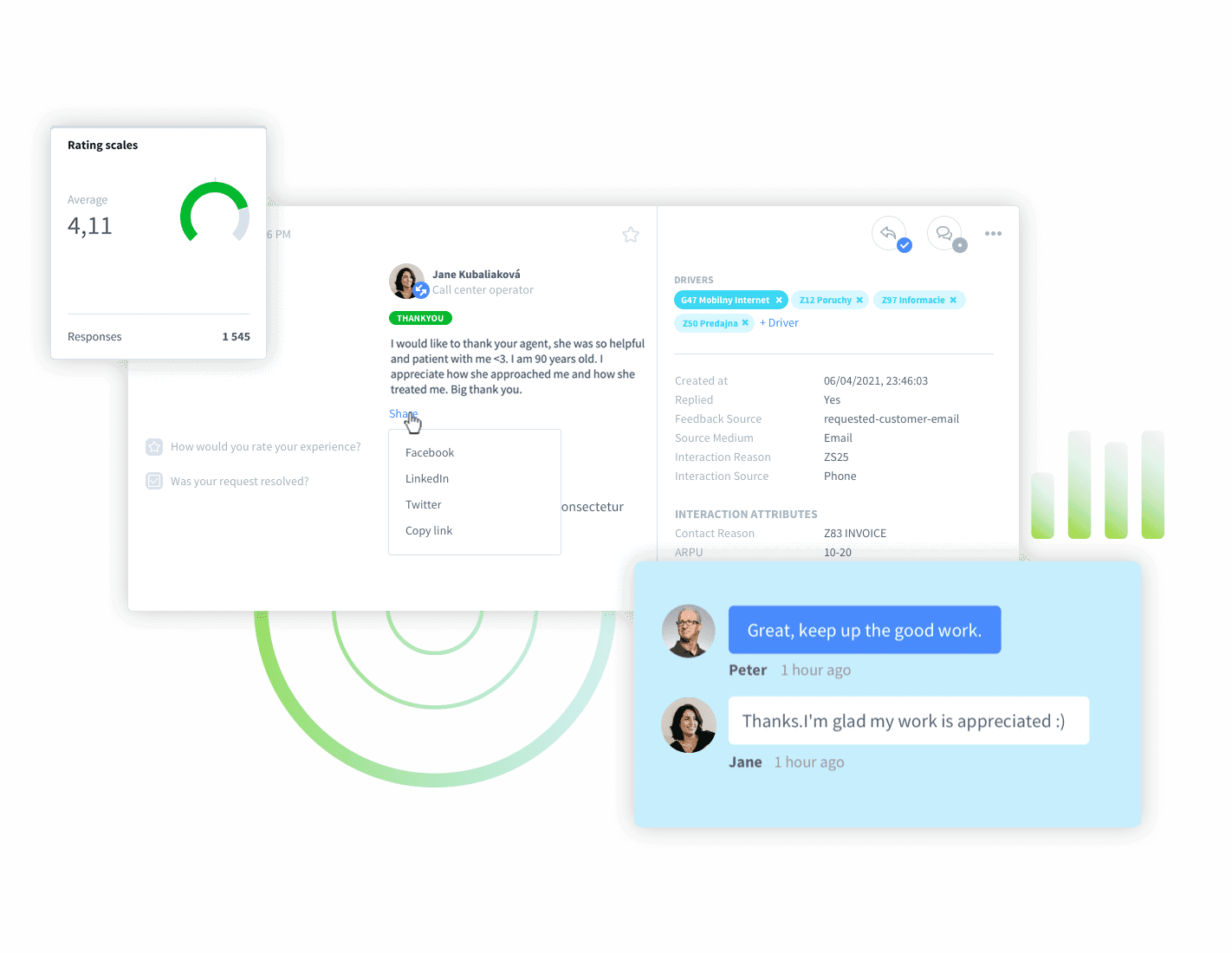
Through predictive analytics, AI can also suggest the most effective forms of recognition for different employees, ensuring that each gesture of appreciation resonates deeply and fosters a positive and motivating work environment. Moreover, AI can automate the recognition process, ensuring timely acknowledgement of employees’ efforts and contributions. AI empowers employers and managers to create a culture of recognition that is both data-driven and deeply personal, significantly contributing to employee motivation, retention, and overall workplace morale. These, in turn, contribute to greater customer satisfaction.
AI and Customer Experience: What’s the Impact?
The AI customer journey strategies offer a multitude of benefits, including increased customer satisfaction, higher efficiency, and deeper customer insights. By automating routine interactions, businesses can ensure consistent, high-quality service around the clock. Furthermore, AI’s predictive capabilities enable companies to stay ahead of customer expectations, delivering personalised experiences that foster loyalty and drive business growth.

While AI presents vast opportunities for enhancing customer experience, businesses face challenges in implementation, including data privacy concerns, the need for continuous learning and adaptation of AI systems, and ensuring a seamless human-AI interaction. Overcoming these challenges requires a strategic approach, focusing on ethical AI use, investing in upskilling employees, and choosing AI CX solutions that complement human expertise rather than replace it.
The Future of Artificial Intelligence and Customer Experience
As AI CX technology continues to evolve, its role in customer experience is set to grow even more significant. Future advancements are expected to bring even greater personalisation, predictive capabilities, and automation, further revolutionising how businesses interact with their customers. For companies looking to stay competitive in this dynamic environment, embracing AI in customer experience is not just an option—it’s a necessity.
Final Word
The integration of AI customer experience strategies is transforming the business-customer relationship, offering unprecedented opportunities for personalisation, efficiency, and insight generation. As AI technologies evolve, their potential to enhance customer satisfaction (CSAT) and loyalty continues to expand. By leveraging tools like Staffino’s AI Feedback Analysis, businesses can harness the power of AI to not only meet but exceed customer expectations, setting a new standard for excellence in customer service. In the era of AI-driven customer experience, the future of service looks more promising than ever.

Get a First-Hand Experience Today!
Staffino is the perfect tool for creating engaging surveys, tracking performance, responding to customer feedback, and rewarding top employees. Get started today with our FREE demo!
